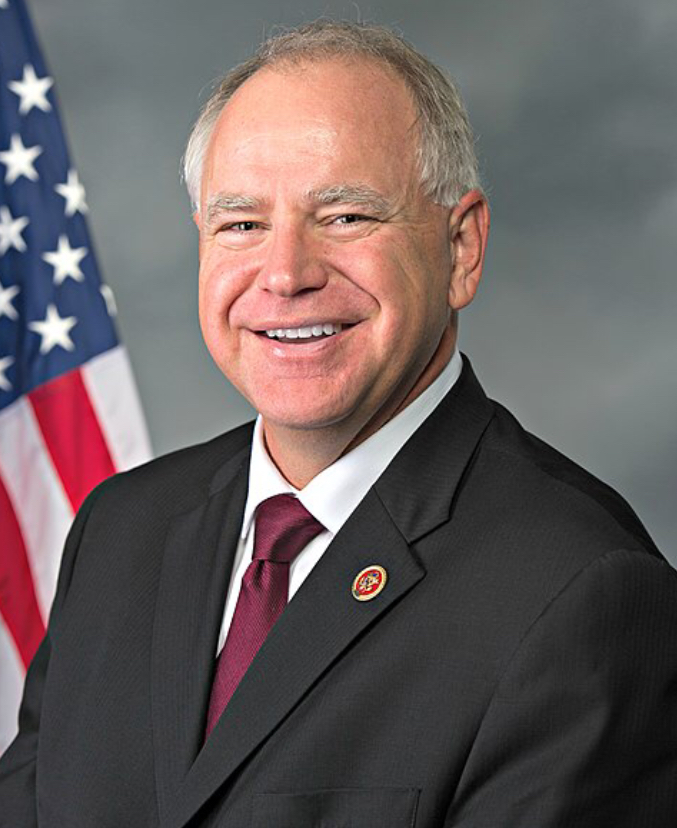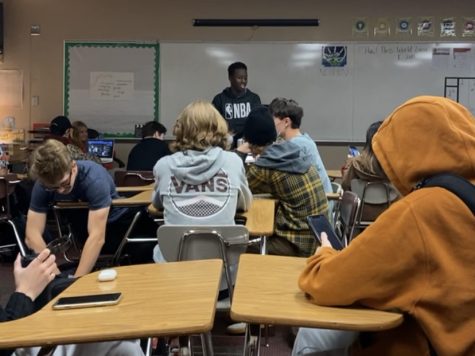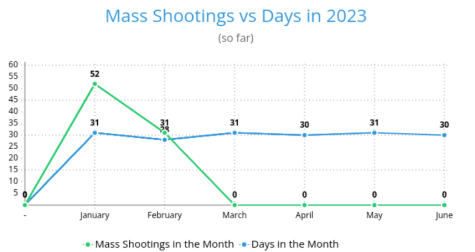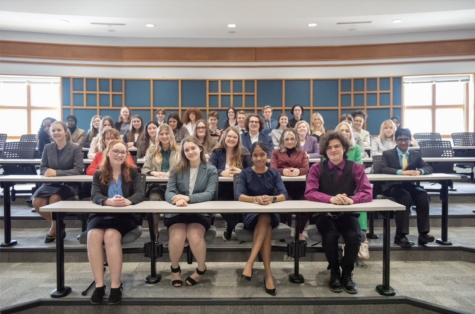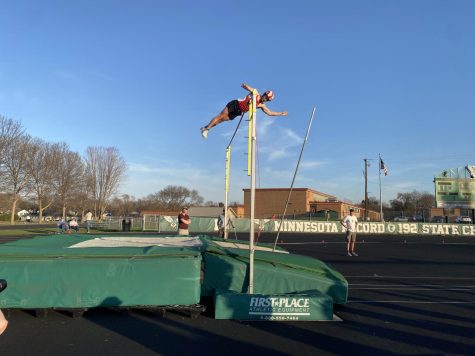Local government plans to stop the spread of coronavirus
Creative Commons photo by Wikimedia
Governor Tim Walz has made twelve Executive orders in the last two weeks. His goal is to prevent the spread of coronavirus and protect Minnesotans.
March 25, 2020
The coronavirus has swept the world and the nation and has made its way to Minnesota. The states are following regulations set by President Donald Trump, but with certain aspects, each state is handling it differently.
Governor Tim Walz has been working closely with the Minnesota Department of Health to navigate the best possible ways to handle coronavirus within the state. Since the outbreak reached America, Walz has signed 12 Executive Orders dealing with the virus.
Recently, orders 20-10, 20-11 and 20-12 have been signed in. The Minnesota government said that Walz signed them to “further strengthen Minnesota’s response to the COVID-19 pandemic.”
Many of the orders have surrounded relief to the unemployed or people in need. Others deal with the closures of “non-essential” businesses shutting down for the time being. Executive Order 20-02 calls for two weeks off school dedicated for educators to figure out how they will handle distance learning.
“The complexity of the decision of closing schools, spending the last 48 hours, many folks working around the clock collaboratively across the state to think about what those unintended consequences would look like. Every single Minnesotan will be put in a position to be as safe as possible from COVID-19,” Walz said in a press conference on March 15.
They are undermining all we as a community are trying to accomplish.
— Kris Ehresmann
One of the newest Executive Orders, Order 20-10, bans price gouging in the state. With the demand increasing in the state for goods such as toilet paper, soap, hand sanitizer, food and many other items, stores and vendors had been increasing the prices on them. To further protect Minnesotans, Walz banned this action.
“Beginning March 21, 2020 at 5:00 pm, and continuing for the duration of the peacetime emergency declared in Executive Order 20-01 or until this Executive Order is rescinded, all persons are prohibited from selling, offering to sell, or causing to sell in this state any essential consumer goods or services for an amount that represents an unconscionably excessive price,” said Walz in Executive Order 20-10.
Many states around the country have ordered a “shelter-in-place” where people can only go out for groceries, medical supplies and doctor visits. As of now, Minnesota has not followed suit, but they are preparing to.
In a press conference on March 20, Walz announced he is not planning on moving to a ‘shelter-in-place’ lockdown, but is prepared to do so if the amount of cases continues to rapidly rise.
Overall, Walz and his administration are urging for people to take precautions and follow the suggestions from the state for self quarantine. If these steps are taken now, they hope it will prevent more spread.
“If people who are sick continue to go to work, go out in public and spend time with others,” Kris Ehresmann from the Minnesota Department of Health said. “They are undermining all we as a community are trying to accomplish.”


